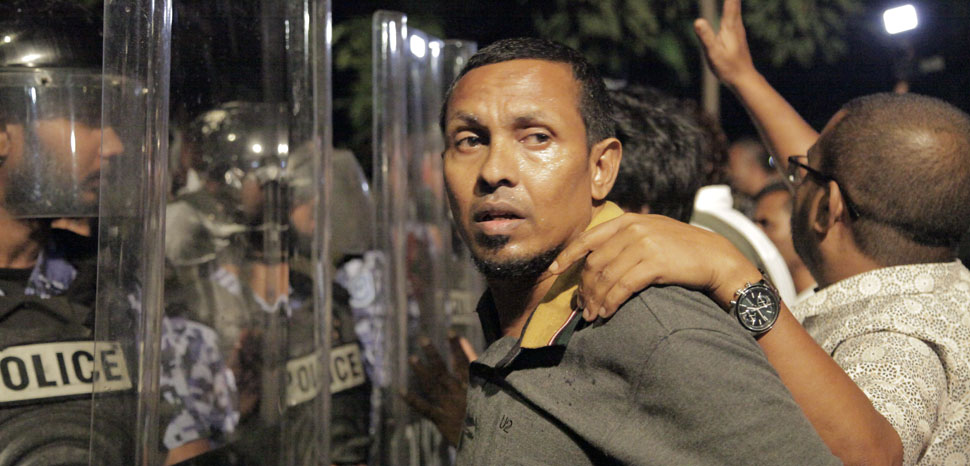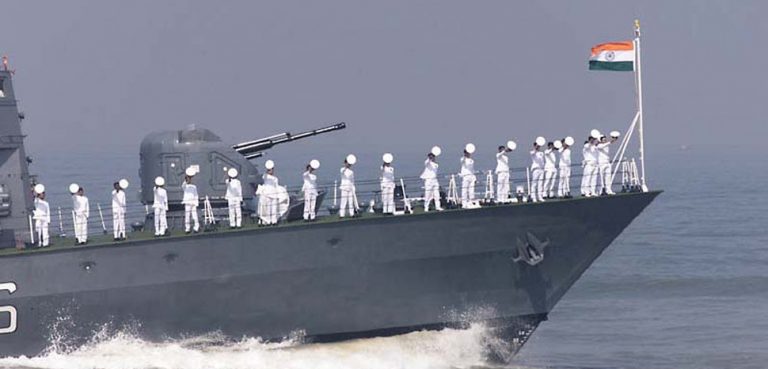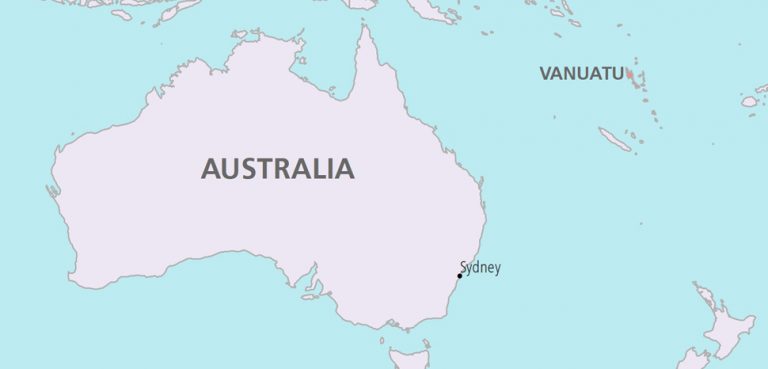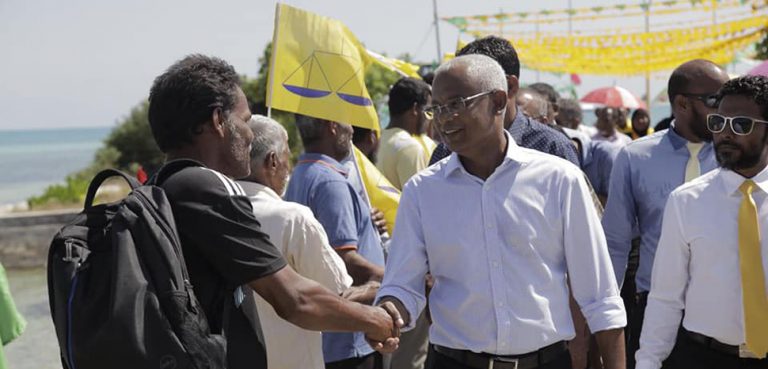Summary
The Supreme Court of the Maldives ordered the release and retrial of nine of President Abdulla Yameen’s leading political opponents, along with the restoration of 12 seats in the legislature to lawmakers sacked for defecting from the president’s party. The president, an autocrat who came to power in a coup in 2012 and proceeded to imprison or exile many of the former allies who had brought him to power, responded with new arrests aimed at his opponents, including two justices of the Supreme Court, and the eventual declaration of a state of emergency. After parliament was suspended, troops stormed the Supreme Court’s courtroom, and the president detained his own half-brother, Maumoon Abdul Gayoom, (an influential former dictator himself).
The U.S., UK, and India have all condemned the turmoil in the Maldives, but China has adopted a more neutral stance, warning against outside military intervention by foreign powers. President Yameen has waved through several Chinese projects and recently signed a Free Trade Agreement (FTA) with Beijing during a visit to China in December, and the island nation has long been linked to China’s ‘string of pearls’ strategy of consolidating its geopolitical presence in and around the Indian Ocean.




